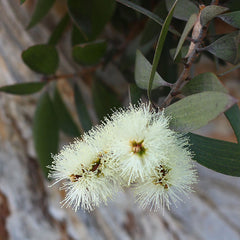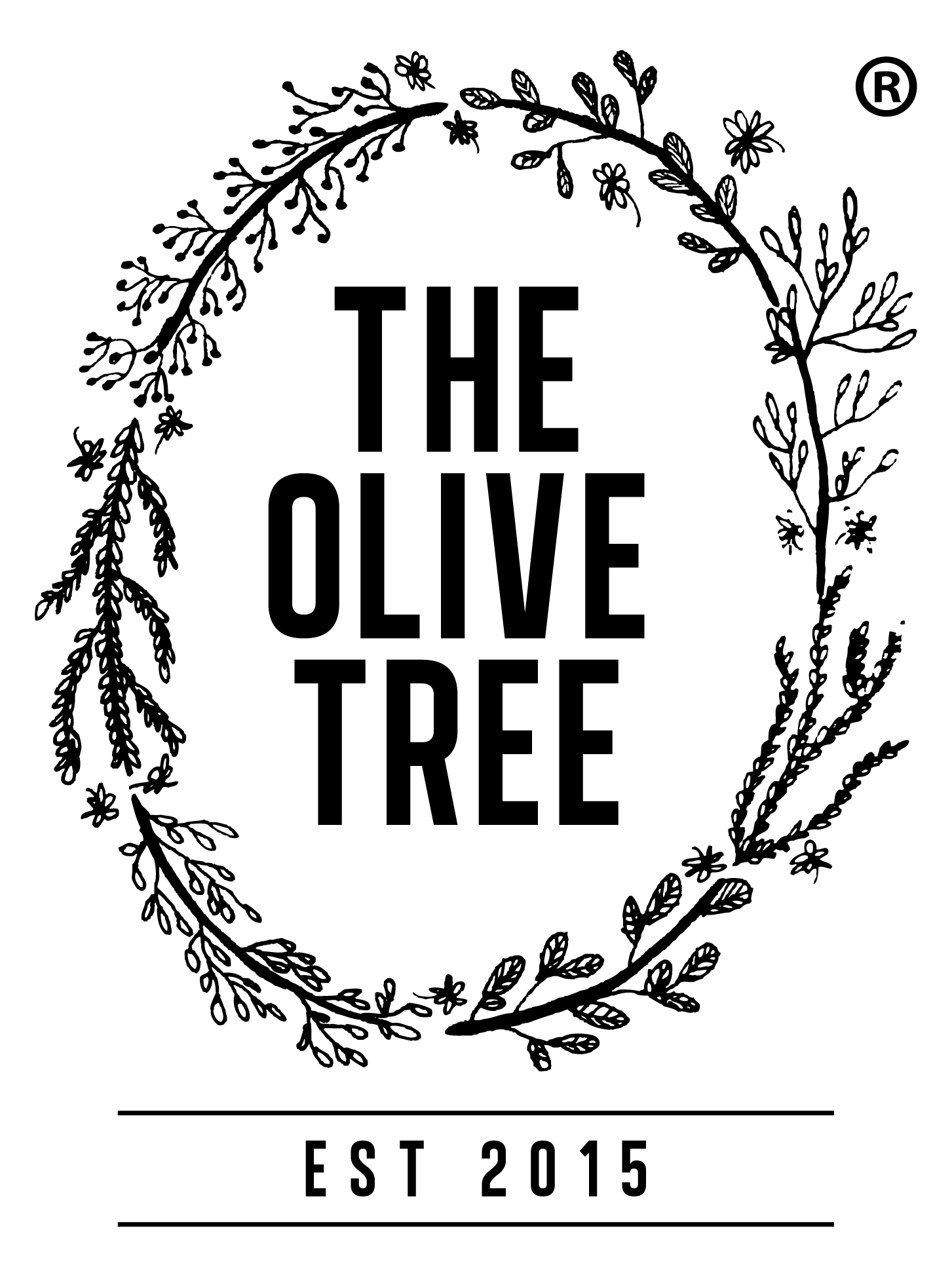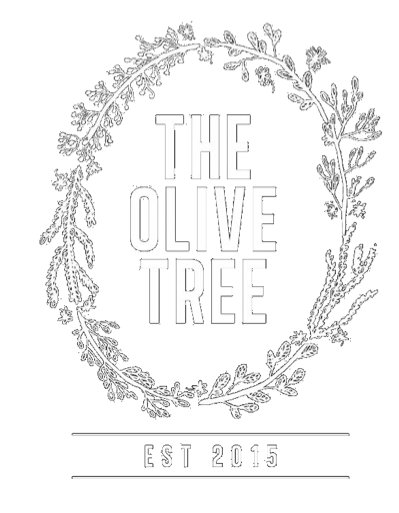Key Ingredients
Mother Nature has been known to bless us with natural remedies of therapeutic and aromatherapeutic properties. Read on further to find out more about these natural plant based ingredients which are used in our range of products.
OLIVE OIL

Since ancient times, people have taken advantage of the skin-softening benefits of this miracle oil. When blended with lye to make a soap, olive oil contributes to smoother, more elastic skin.
Hyper Moisturizing
Olive oil soap cleans your skin without stripping away the natural oils - so you don't end up dry and flaky after it's use. Olive oil also allows the skin to sweat and shed cells naturally; commercial soaps that contain synthetic cleaners and fragrances can block your pores and cause irritation. Glycerin, a byproduct of the soap-making process, is retained in most natural olive oil soaps. Glycerin is highly moisturizing -- it actually absorbs water from the air. Commercial soap producers usually remove the glycerin from their products to use for other purposes.
Few Reactions
Olive oil soap is hypoallergenic, so you are less likely to experience an allergic reaction when using it. A 2008 publication of "Pediatric Dermatology" found that olive oil was a suitable ingredient in creams used on pre-term infants. If it's safe for the skin of these newborns, it is likely to be gentle on your sensitive skin. Most olive oil soap contains only natural ingredients, as opposed to many other soaps that contain sodium laurel sulfate, a known skin irritant and potential toxin.
Antioxidant Rich
You encounter free radicals every day as you expose yourself to food, pollution, pesticides and chemical beauty products. These free radicals damage cells, potentially causing disease and accelerating aging. Olive oil is a natural source of the antioxidants vitamins E and A, which fight free radicals -- and the benefits are there regardless of whether the oil is ingested or rubbed into the skin in the form of soap. Olive oil also contains oleocanthal, a compound touted for its anti-inflammatory benefits. Inflammation in the body can compromise your immune system and put you at risk for illness and disease, including chronic skin rashes, heart disease and digestive problems.
Long Lasting, Lightly Scented and Vegan
Olive oil soaps offer a pleasant, fruity aroma, rather than an overtly perfumed scent that can irritate sensitive noses. Soap made with olive oil is hard and lathers minimally, so the bars tend to last a long time and you get a lot of use out of your investment. Many commercial soaps are made with animal fats, rather than plant oils. Olive oil soap uses plant products, making it appropriate for people who wish to avoid using animal products.
Source: http://www.livestrong.com/article/133553-olive-oil-soap-benefits/
LAVENDER ESSENTIAL OIL

Lavender oil is extracted mostly from the flowers of the lavender plant, primarily through steam distillation. The flowers of lavender are fragrant in nature and have been used for making potpourri for centuries. Traditionally, lavender essential oil has also been used in making perfumes. The oil is very useful in aromatherapy and many aromatic preparations and combinations are made using lavender oil.
Sleep: Lavender essential oil induces sleep which has made it a common recommendation for an alternative treatment of insomnia. Frequent studies on elderly patients have shown an increase in their sleep regularity when their normal sleep medication is replaced with some lavender essential oil being placed on their pillows. It has such a relaxing impact on people that it can often replace modern medicine for sleep issues.
Acne: According to dermatologists and aromatherapists, lavender essential oil is one of the most beneficial oils in the treatment of acne, which is a very uncomfortable and embarrassing condition that primarily affects young people as they move through puberty, but can also afflict adults. Lavender essential oil inhibits the bacteria that cause the initial infection, helps to regulate some of the over-excretion of sebum by hormonal manipulation, and can reduce the signs of scarring after the acne has begun to heal. Adding a small amount of lavender essential oil to other skin creams or ointments can greatly increase the potential for relief and healing.
Pain relief: Lavender essential oil is known as an excellent remedy for various types of pains including those caused by sore and tense muscles, muscular aches, rheumatism, sprains, backache and lumbago. A regular massage with lavender oil can also provide relief from pain in the joints. A study done on postoperative pain relief showed that combining lavender essential oil vapor into the oxygen significantly reduced the amount of pain experienced, versus those patients only revived with oxygen after a major surgery.
Hair care: Lavender essential oil is useful for hair care because it has been shown to be very effective on lice, lice eggs, and nits. Furthermore, lavender essential oil has also been shown to be very helpful in the treatment of hair loss, particularly for patients who suffer from alopecia, an autoimmune disease where the body rejects its own hair follicles. A Scottish study reported that more than 40% of alopecia patients in the study reported an increase in hair growth when they regularly rubbed lavender essential oil into their scalp. Therefore, lavender oil is sometimes recommended as a preventative measure for male pattern baldness!
General Skin care: The health benefits of lavender oil for the skin can be attributed to its antiseptic and antifungal properties. It is used to treat various skin disorders such as acne, wrinkles, psoriasis, and other inflammatory conditions. It is commonly used to speed up the healing process of wounds, cuts, burns, and sunburns because it improves the formation of scar tissues. Lavender oil is also added to chamomile to treat eczema.
As with many other essential oils, pregnant and breastfeeding women should avoid using lavender essential oil. It is also recommended that patients with diabetes stay away from lavender oil. It may also cause allergic reactions to people that have unusually sensitive skin. Some people may also witness nausea, vomiting and headaches due to either common or excessive use of lavender oil.
Source: https://www.organicfacts.net/health-benefits/essential-oils/health-benefits-of-lavender-essential-oil.html
TEA TREE ESSENTIAL OIL

Skin Treatment: Tea tree oil can be used as an effective anti-viral and anti-fungal home remedy and can be used to cure athlete’s foot and fungal nail infection. It also has antiseptic properties and is used to treat cuts, wounds, burns, boils and other skin disorders.
Acne Treatment: Studies have shown that tea tree oil is just as effective as benzoly peroxide, to reduce acne. It is a natural alternative for curing acne, without negative side effects like reddening and peeling of skin. It also reduces sebum production by the skin and fights off the acne producing bacteria on the skin. Tea tree oil is an excellent skin treatment especially for oily and acne prone skin.
Hair growth: It has been found that tea tree oil induces hair growth. It actually helps in unclogging hair follicles and nourishes your roots.
Fights Dandruff and Lice: Tea tree oil has been used as a great dandruff cure for ages.
Dry scalp: Tea tree oil is very good for dry scalp. It moisturizes by nourishing your scalp and your hair really well. It clears all blockages in the pores.
Fights bacterial and Viral Infections: The properties and natural ingredients found in tea tree oil can help keep all the viral and bacterial infections at bay. These infections are often the reason behind scalp irritations.
Prevents Hair Fall: All commercial products do more harm to the hair than good and the result is hair fall. Tea tree oil helps restore all the replenished nutrients from the hair.
Source: http://www.stylecraze.com/articles/amazing-benefits-of-tea-tree-oil-for-skin-hair-and-health/2/
LEMON MYRTLE ESSENTIAL OIL

Scientifically named Backhousia citriodora, lemon myrtle is a tree that grows in the subtropical rainforests of central and southeastern Queensland, Australia. It can grow up to 66 feet high, with evergreen leaves and white flowers that grow in clusters.
The oil comes from these leaves, which when crushed give off the lemony smell. It is the highest natural source of “citral,” a compound that gives off a citrus scent and also has strong antimicrobial properties.
Antimicrobial properties : Lemon myrtle, like tea tree, is an extremely powerful antimicrobial. A 2002 study found that it was effective against Staphylococcus aureus, Escherichia coli, Pseudomonas aeruginosa, Candida albicans, MRSA, and the bacteria that cause acne.
Reduces acne: As mentioned above, lemon myrtle oil kills acne-causing bacteria
Balances oily skin: While it’s killing acne-causing bacteria, lemon myrtle oil helps balance skin’s natural oils, reducing the overproduction of oil that can lead to acne breakouts.
Shrinks pores: Lemon myrtle is a natural astringent, which means it can help shrink pores and make them less visible—great for combination and oily skin types.
Helps improve your mood: This oil is said to be uplifting and stimulating. Used in aromatherapy, it can help improve your mood and restore that spring in your step.
Source: http://www.annmariegianni.com/lemon-myrtle-oil-for-acne/
ROSEMARY ESSENTIAL OIL

Hair care: Rosemary oil and rosemary teas are widely used for hair care in shampoos and lotions. Regular use of rosemary oil helps to stimulate follicles, making hair grow longer and stronger. It is also believed that rosemary oil slows down premature hair loss and graying of the hair. Therefore, it is an excellent tonic for bald people or those who are beginning to show signs on male pattern baldness. Rosemary essential oil is also beneficial for dry and flaky scalps. Regular massaging of the scalp with rosemary oil nourishes the scalp and removes dandruff. Furthermore, it is often mixed with tea tree oil and basil oil to alternately treat scalp problems. For many years, rosemary has been combined with olive oil as a way to darken and strengthen hair by using hot oil treatments.
Source: https://www.organicfacts.net/health-benefits/essential-oils/health-benefits-of-rosemary-oil.html
PEPPERMINT ESSENTIAL OIL

Peppermint oil is derived from the leaves of the peppermint plant or Mentha pipertita, a hybrid of the water mint and spearmint plants, and M. arvensis var. piperascensa, a plant from the Labiatae family.
Peppermint oil is often used in aromatherapy, or the use of essential oils to support health. Studies have found that aromatherapy is effective in relieving anxiety, pain, and vomiting, as well as improving memory. The aroma of peppermint oil has been shown to improve memory and raise alertness.
According to findings, peppermint oil exhibits antiviral, antimicrobial, antifungal, antioxidant, analgesic, radioprotective, and antiedema properties
Hair and Skin Health
Mixing peppermint oil into massage oils, shampoos, body washes, and lotions gives these products antiseptic and antimicrobial properties, helping cool skin and eliminate dandruff or lice from your scalp. It can also improve frizzy hair and may contribute to hair growth.
Source: http://articles.mercola.com/herbal-oils/peppermint-oil.aspx
ROSE GERANIUM ESSENTIAL OIL

Deodorant: It is a natural deodorant as it is not only fragrant but its antibacterial properties help combat body odour.
Skin balancing properties: It helps to balance the secretion of sebum that helps clear sluggish and oily skin.
Cicatrisant: Rose geranium essential oil is known to reduce the appearance of scars and dark spots through improved blood circulation just below the skin’s surface whilst promoting an equal distribution of melanin.
Source: http://www.wemabodycare.com/blogs/news/16095485-the-benefits-of-rose-geranium-essential-oil
SANDALWOOD ESSENTIAL OIL

The essential oil of sandalwood is extracted through steam distillation of pieces of wood from matured Sandalwood trees.
Antiseptic: The essential oil of sandalwood is very good as an antiseptic agent. It is safe for both internal and external applications. When ingested, it helps to protect internal wounds and ulcers from infections. Similarly, when applied to the skin, it protects wounds, sores, boils, and pimples from developing infections or from becoming septic.
Anti-inflammatory: Both sandalwood paste and its essential oil are very effective as anti-inflammatory agents. They have a nice cooling effect and provide relief from all types of inflammation in the brain, digestive, nervous, circulatory, and excretory systems that result from infections, fevers, side effects of antibiotics, poisoning, insect bites, or wounds. Sandalwood essential oil is particularly beneficial in cases of nervous and circulatory inflammations.
Astringent: Although it is very mild, this essential oil has some astringent properties which induce contractions in the gums, muscles and skin. This proves beneficial in terms of strengthening the hold of gums on the teeth, the strengthening of muscles, and tightening of the skin and shrinking of pores.
Cicatrisant: The essential oil of sandalwood soothes the skin and helps scars and spots to heal much faster. It is a very old practice to use paste of sandalwood as a skin pack. The same effect can be obtained from using this essential oil. This oil is now extensively used in skin care soaps, lotions and creams.
Source: https://www.organicfacts.net/health-benefits/essential-oils/sandalwood-essential-oil.html
This information is for educational purposes only and does not constitute health care advice. It is not meant to diagnose, treat or cure any disease or medical condition.

